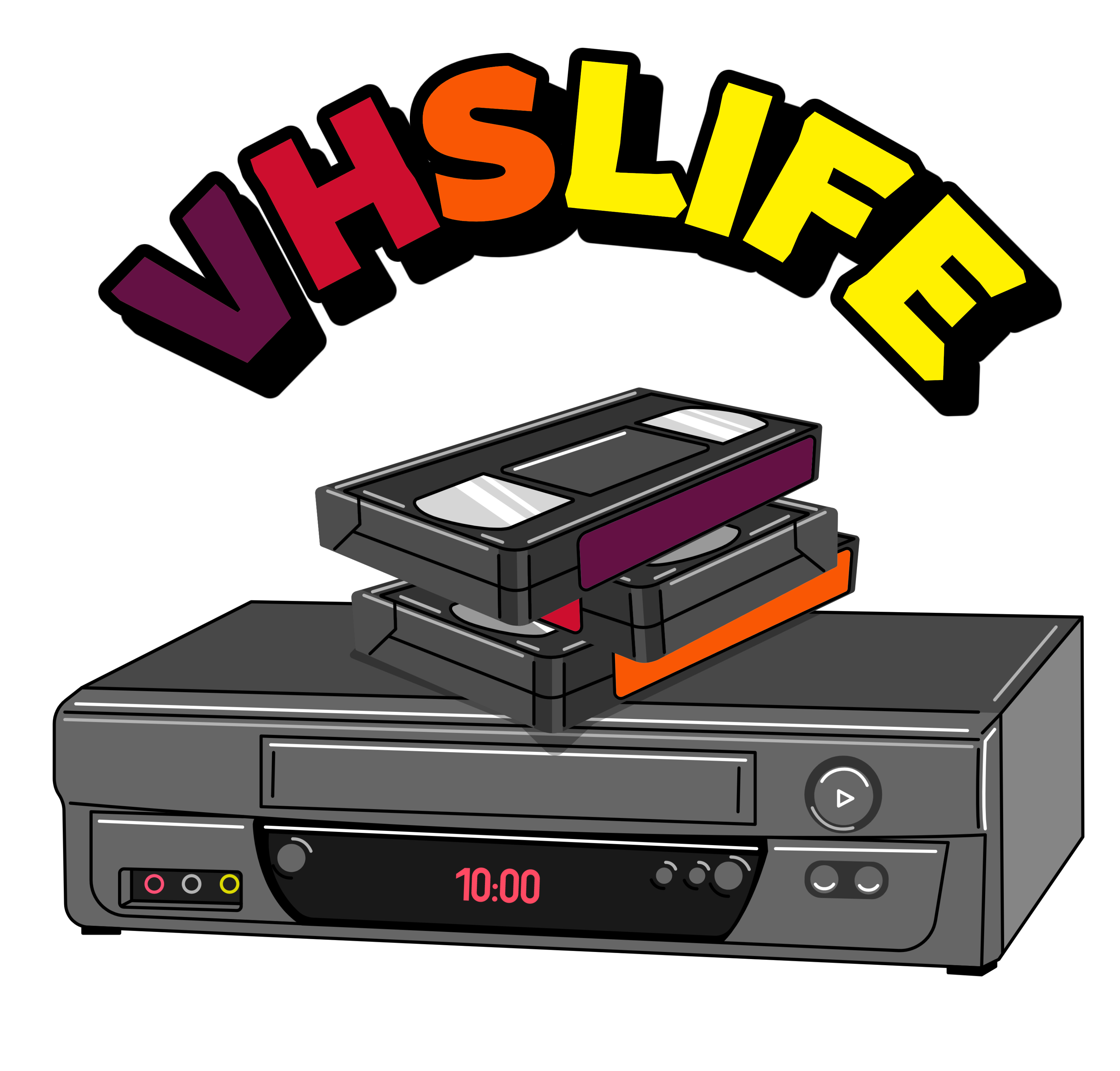Welcome to the VHS and VCR FAQ section of VHSLife.com! In the golden era of home video, VHS tapes and VCRs played an indispensable role in entertainment. Whether you’re a collector, a nostalgia enthusiast, or simply curious about the world of analog video, this FAQ is designed to answer some of the most common questions about VHS tapes and VCRs. From understanding what these acronyms stand for, to learning how to properly care for your collection, we’ve compiled essential information to guide you through this fascinating part of video history. Dive in and explore the magnetic allure of VHS!
Q1: What does VHS stand for? A1: VHS stands for Video Home System. It’s a standard for consumer-level analog video recording on tape cassettes, developed by JVC and launched in the 1970s.
Q2: What does VCR stand for? A2: VCR stands for Video Cassette Recorder. It is a device designed to record and playback video and audio stored on magnetic tape in a VHS cassette.
Q3: How do I clean my VCR? A3: Cleaning a VCR can be done with a special cleaning cassette or by carefully using cotton swabs dipped in alcohol. Be sure to turn off and unplug the device before attempting to clean it manually. Read more about how to clean and repair your VCR in our How To section.
Q4: Can VHS tapes be transferred to digital formats? A4: Yes, VHS tapes can be transferred to digital formats using specialized equipment or services. Many companies offer this service, or you can purchase a VHS-to-DVD converter to do it yourself.
Q5: Why is the picture quality on my VHS tape poor? A5: Picture quality can degrade over time due to wear and tear, exposure to magnetic fields, or poor storage conditions. Proper storage and gentle handling can prolong the life of a VHS tape. Read more about how to fix and store VHS tapes in our How To section.
Q6: Are VHS tapes still produced today? A6: Production of VHS tapes has largely ceased, but they can still be found on secondary markets and through collectors. Some niche companies might produce them for specific purposes.
Q7: Can I still buy a VCR? A7: Funai Electric was the last company to cease production of new VCR’s and no new VCR has been made since 2016. Used and refurbished models can be found online or in specialty stores, or in thrift stores if you are lucky. Make sure to check compatibility with your TV and other equipment before purchasing.
Q8: What is the difference between VHS and Betamax? A8: VHS and Betamax were competing video tape formats in the 1970s and 80s. VHS eventually won out due to its longer recording time and lower cost, despite some arguments that Betamax had superior picture quality.
Q9: How do I properly store my VHS tapes? A9: Store VHS tapes upright in a cool, dry place away from direct sunlight and magnetic fields. Keep them in their original cases if possible, and avoid stacking them horizontally, as this can cause warping.
Q10: Can VHS tapes be recycled? A10: Recycling VHS tapes can be challenging due to the materials used in their construction. Some specialized recycling centers may accept them, or you can look into creative ways to repurpose or reuse the tapes.
